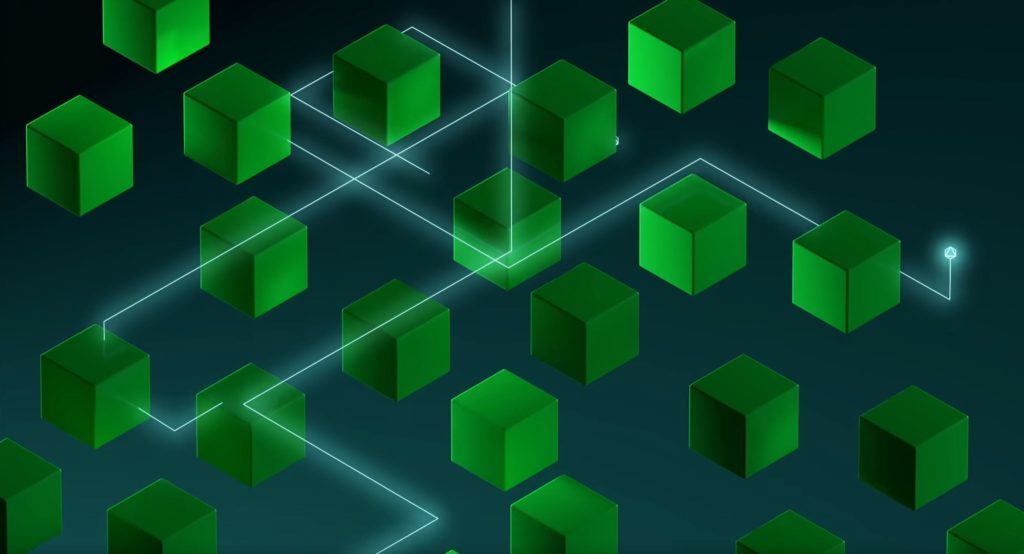Hefty Heimdall will be a big release for Service Nodes and will see them start to perform meaningful work in storing messages. We want to be clear about the level of service the Loki Service Node network will be enforcing, and we hope that by outlining these changes, we can prevent Service Nodes from deregistering when we hardfork to Hefty Heimdall on July 24.
Here are some guidelines for Service Node operators on what to expect in the coming months.
Recommended Changes
We will be releasing the next version of the Loki Launcher before the hardfork – and we STRONGLY RECOMMEND that all Service Nodes update.
The Loki Launcher will have a number of components which will improve the user experience for Service Node operators and reduce the chances of being deregistered, including:
- Managing the Loki storage server, lokid, and in the future Lokinet – which will startup and restart these applications if they crash.
- Easy access to the lokid console for preparing Service Node registrations and running other commands.
- One unified config file to manage all parts of the Loki Service Node software suite, which includes validation on startup to make sure everything makes sense.
- Adding an installer which will grab the latest versions of Loki binaries for new Service Nodes.
- Adding the SNbench utility which will test your node and give you a recommendation on whether your setup meets the requirements for each release.
New Requirements
The Hefty Heimdall release corresponds with the first version of the Loki Messenger. This means that all Service Nodes will be required to have the following software/hardware:
- Running lokid with downloaded blockchain
- Loki storage server
- 15 GB of available space for blockchain storage (including any blockchain you have synced)
- 3.5 GB available for message storage for Loki Messenger storage server
- A public IP address and specified open ports
Two client side checks have been enabled: a test which prevents the startup of lokid if a specified Public IP address and open port number are uncontactable, and an ongoing client side test that prevents the broadcast of uptime proofs if at any point during operation the local Loki message storage server fails/shuts down.
Decentralised Testing
Hefty Heimdall will also enable a number of decentralised tests which will be run on Service Nodes by other Service Nodes. We will be enabling both blockchain storage and message storage tests. This means your node will be tested at random intervals by other Service Nodes to ensure it’s holding both a full copy of the blockchain, and storing all of the messages required by its swarm.
Initially, these tests will not be enforced through deregistration. But after collecting data on the effectiveness of the system, we will enable deregistration so that malicious nodes can be removed from the network.
